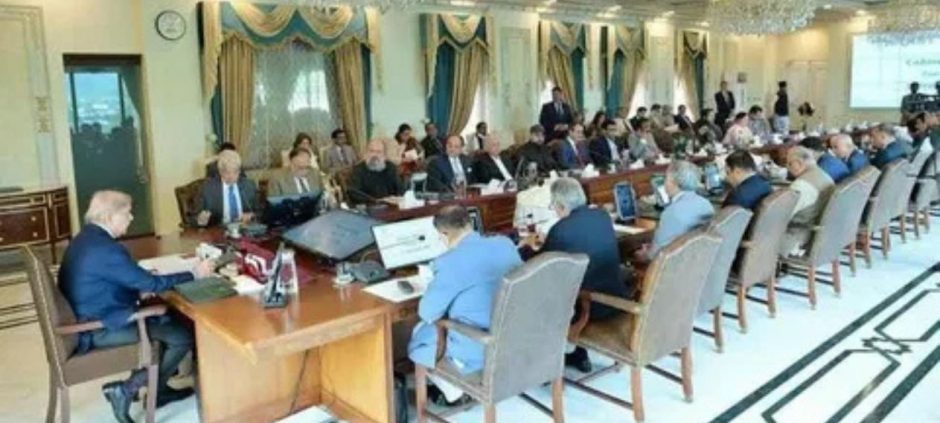Pakistan’s cabinet has approved a new barter trade framework, marking a significant step toward boosting economic cooperation with Afghanistan, Iran, and Russia. The initiative is designed to streamline cross-border trade, reduce reliance on cash transactions, and create stronger regional partnerships that can benefit multiple sectors of the economy.
The government highlighted that the barter trade framework would provide opportunities for industries such as agriculture, textiles, and energy, while stabilizing trade balances through goods-to-goods exchanges. By removing some of the constraints associated with currency fluctuations, the framework is expected to support businesses and traders facing liquidity challenges.
Officials emphasized that Pakistan’s barter trade strategy aligns with long-term economic goals, promoting smoother supply chains and enhanced export opportunities. The framework encourages private sector participation and aims to monitor trade effectively to prevent misuse. Many industry experts have welcomed this initiative, seeing it as a practical solution to expand trade ties and strengthen regional commerce.
While the focus is on Afghanistan, Iran, and Russia, the government sees the barter trade framework as a stepping stone for potential future expansion to other regional partners. Analysts believe this move could help Pakistan navigate global trade challenges while enhancing its strategic relationships.
In a related development, Pakistan recently reached an agreement with the United States to boost agricultural trade and cooperation. This step complements the country’s broader trade objectives and demonstrates a balanced approach to enhancing both regional and international economic partnerships.
Economists suggest that with the cabinet’s approval, Pakistan’s barter trade framework could serve as a model for innovative trade solutions, increasing exports, supporting domestic industries, and creating new economic opportunities. The move has been widely welcomed as a proactive measure to stabilize trade, promote regional collaboration, and strengthen Pakistan’s economic resilience in an increasingly competitive global environment.











